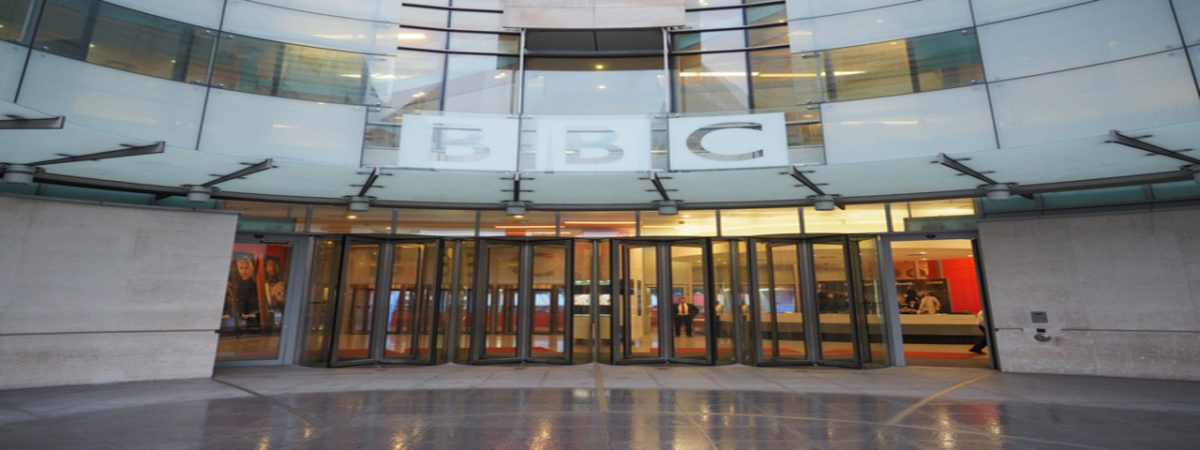railway.com: Parallels between the early British railways and the ICT revolution
SUGGESTED

A review of the economic aspects of the UK’s relationship with the EU

Essential reading for all those interested in quality broadcasting in a competitive market environment

The IEA's latest publication is essential reading for anybody interested in the so-called 'new economy'.
Robert Miller shows too how stock market bubbles do not necessarily lead to economic losses. The use of central planning for allocating capital in network development has simply led to technological networks being underprovided. The author also considers the issues of technology ‘lock in’ and examines how markets, even in apparently unsophisticated economies, can solve complex resource allocation problems.
2003, Research Mongraph 57, ISBN 0 255 36534 9, 199pp, PB
See also:
The Railways, the Market and the Government by John Hibbs et al. – an analysis of rail privatisation in the UK.



